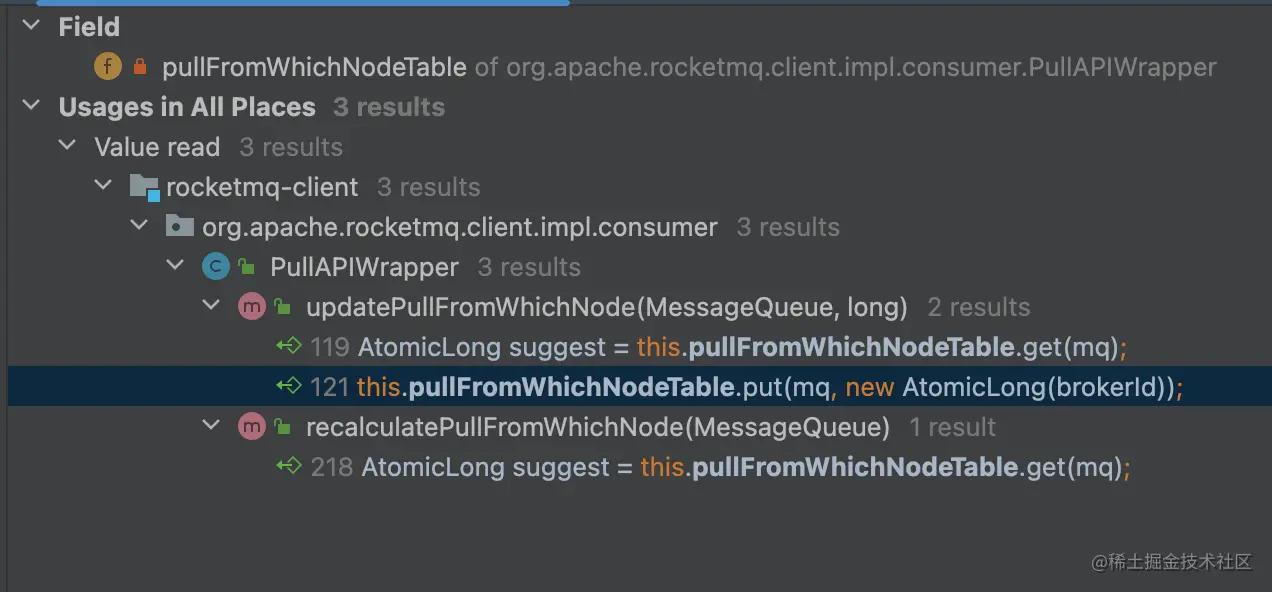Understanding Loan Officer vs Broker: Which is Right for Your Home Financing Needs?
Guide or Summary:Loan OfficerBrokerLoan OfficerBrokerIn the world of home financing, potential borrowers often find themselves faced with the choice between……
Guide or Summary:
Loan Officer
Broker
In the world of home financing, potential borrowers often find themselves faced with the choice between working with a loan officer or a broker. Both play crucial roles in the mortgage process, but they serve different functions and can significantly impact your borrowing experience. Understanding the distinctions between a loan officer and a broker can empower you to make informed decisions that align with your financial goals.
A loan officer is typically employed by a specific lending institution, such as a bank or credit union. Their primary responsibility is to guide borrowers through the mortgage application process, helping them secure financing for their home. Loan officers are knowledgeable about the products offered by their institution and can provide tailored advice based on the lender's offerings. They often have a deeper understanding of the institution's underwriting criteria, which can be beneficial when it comes to securing approval for a loan.

On the other hand, a broker acts as an intermediary between borrowers and multiple lenders. They are not tied to any single institution, which gives them the flexibility to shop around for the best mortgage rates and terms on behalf of their clients. Brokers have access to a wide range of loan products from different lenders, making them a valuable resource for borrowers who may not qualify for traditional loans or who are looking for unconventional financing options. This ability to compare multiple lenders can potentially save borrowers money over the life of their loan.
When considering whether to work with a loan officer or a broker, it is essential to evaluate your specific needs and circumstances. If you have a strong credit profile and are looking for a straightforward mortgage process, a loan officer may be the right choice for you. They can provide a streamlined experience, as they are familiar with their institution’s processes and can often expedite the approval timeline.
Conversely, if you have unique financial situations, such as self-employment income, lower credit scores, or if you are a first-time homebuyer seeking the best possible rates, a broker may be more suitable. Brokers can provide access to a broader array of loan products and may have insights into lenders that are more flexible with their underwriting standards. This can be particularly advantageous in a competitive housing market where every advantage counts.
Another important factor to consider is the cost associated with each option. Loan officers are typically compensated by their employer, which means that their services may be included in the cost of the loan. However, some lenders may charge additional fees that could increase the overall cost of borrowing. In contrast, brokers earn a commission from the lenders they work with, which can sometimes be passed on to the borrower in the form of higher interest rates or fees. It is crucial to ask about any potential costs upfront to ensure that you fully understand what you will be paying throughout the mortgage process.
In addition to understanding the financial implications, consider the level of customer service you desire. Loan officers, being part of a specific institution, may provide a more personalized experience, as they are invested in building relationships with their clients. However, brokers, with their extensive network, can offer a broader perspective and may be able to provide more options tailored to your unique needs.
Ultimately, the decision between a loan officer and a broker boils down to your individual preferences and financial situation. It is advisable to conduct thorough research, ask for recommendations, and meet with both types of professionals to assess who you feel more comfortable working with. Regardless of your choice, understanding the nuances of loan officer vs broker can significantly enhance your home financing journey, ensuring you secure the best possible deal for your future home.